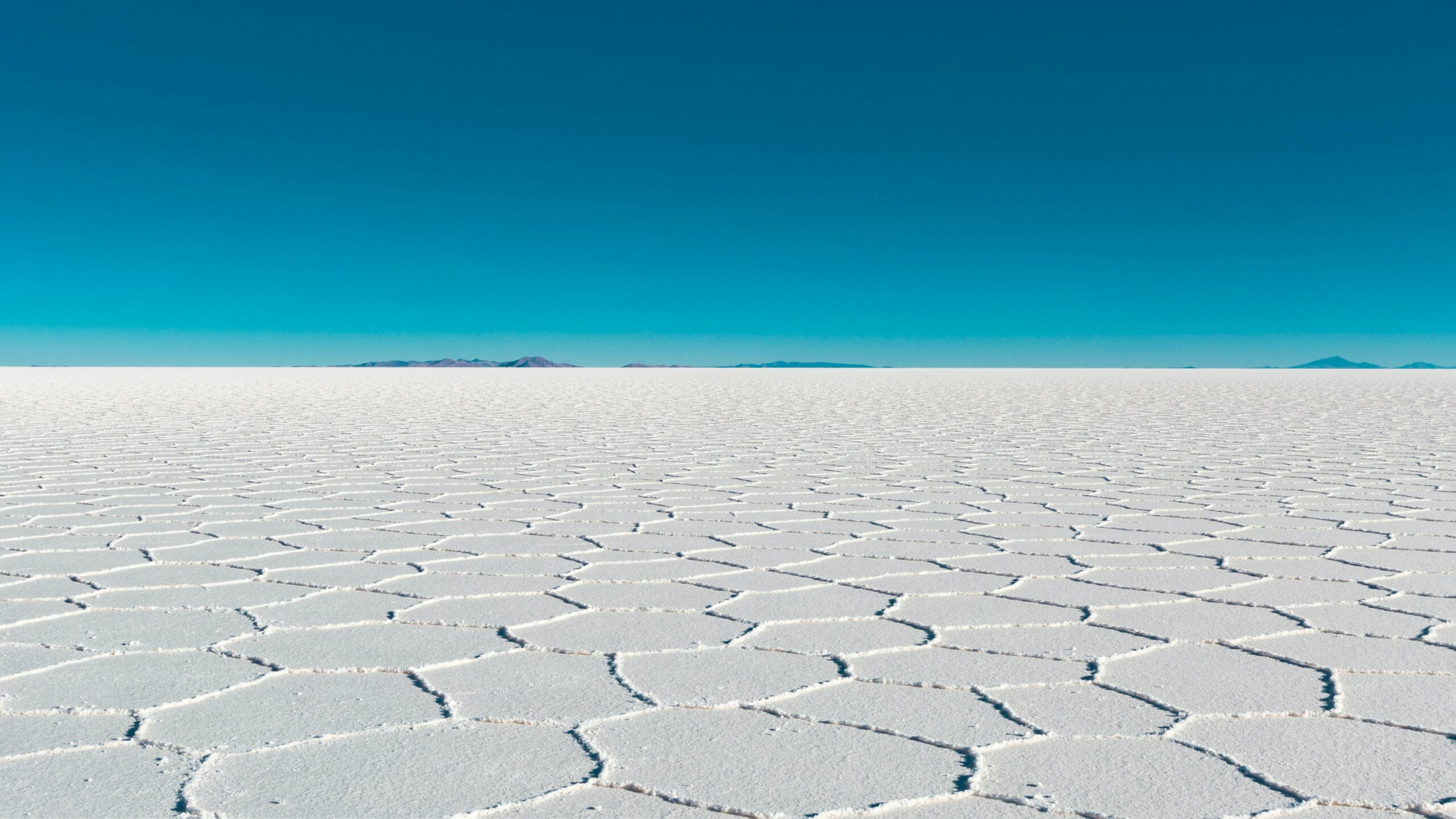Hey there, it’s your buddy Jack here, and today I wanna talk about a question that’s been on my mind: which salt block is best for horses?
You may have noticed that there are a ton of different salt blocks on the market, from regular white salt blocks to pink Himalayan salt blocks to blocks with added minerals.
It can be tough to figure out which one is the best choice for your horse.
Table of Contents
The Basics of Salt Blocks
Before we dive into the different types of salt blocks, let’s first talk about the basics of salt blocks for horses.
Salt is an essential nutrient for horses and is necessary for maintaining proper electrolyte balance and supporting various functions in the body.
Salt blocks are an easy and convenient way to provide your horse with the salt he needs.
Salt blocks can be placed in a horse’s stall or pasture, and the horse can lick the block as needed to meet his salt requirements.
Just be sure to monitor your horse’s salt intake and to provide him with the right amount of salt to keep him healthy and happy.
Types of Salt Blocks
Now, let’s take a look at the different types of salt blocks that are available for horses.
Regular White Salt Blocks
Regular white salt blocks are the most common type of salt block and are typically made from pure sodium chloride. These blocks are inexpensive and provide a good source of salt for horses.
Himalayan Salt Blocks
Himalayan salt blocks are blocks of salt that are mined from the Himalayan mountains in Pakistan. These blocks are known for their unique pink color, which is caused by trace minerals such as iron, magnesium, and calcium.
Himalayan salt blocks are often marketed as being more “pure” and “natural” than other types of salt blocks. However, there is no scientific evidence to suggest that these blocks offer any additional benefits for horses compared to regular white salt blocks.
Mineralized Salt Blocks
Mineralized salt blocks are regular white or Himalayan salt blocks that have additional minerals added to them. These minerals may include trace minerals like selenium, zinc, and copper.
Mineralized salt blocks can be a good choice for horses that have specific nutrient deficiencies or for horses that are on a restricted diet.
Just be sure to follow the dosage instructions on the block and to consult with your veterinarian or a equine nutritionist to determine the right amount of minerals for your horse.
FAQ
Which salt block is cheapest for horses?
Regular white salt blocks are typically the cheapest option for horses.
Himalayan salt blocks and mineralized salt blocks may cost more due to the added cost of mining and transporting the salt, as well as the added minerals.
Can horses eat Himalayan salt blocks?
Yes, horses can eat Himalayan salt blocks. However, it’s important to note that Himalayan salt blocks are not necessarily better for horses than regular white salt blocks.
The trace minerals found in Himalayan salt are present in such small amounts that they are not likely to have a significant impact on a horse’s diet.
Can I give my horse a salt block in addition to his regular salt intake?
It’s generally okay to provide your horse with a salt block in addition to his regular salt intake, as long as you are not over-supplementing his diet.
However, it’s always best to consult with your veterinarian or a equine nutritionist to determine the right amount of salt for your horse.
Conclusion: Choose the Salt Block That Works Best for Your Horse
So, which salt block is best for horses? The answer is that it really depends on your individual horse and his needs.
Regular white salt blocks are a cheap and effective option, while mineralized salt blocks can be a good choice for horses with specific nutrient deficiencies.
Just remember, the most important thing is to provide your horse with a balanced and consistent intake of all essential nutrients, including salt.
Don’t get caught up in the hype of certain types of salt blocks and always make sure to do your research and consult with a professional before making any changes to your horse’s diet.
Thanks for tuning in, and until next time, keep on horsin’ around!
